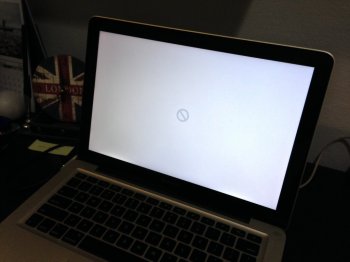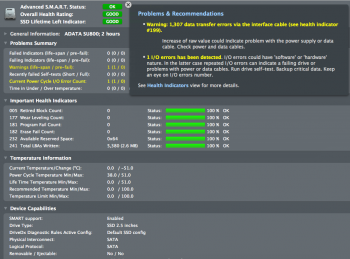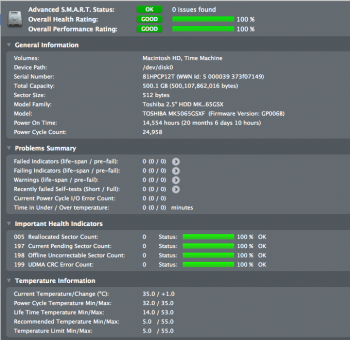Hi, I'm having a problem doing a clean install of macOS High Sierra on a MacBook Pro 13 early 2011 I installed a brand new SSD and tried to install High Sierra but I'm having issues I've tried doing Internet recovery and USB bootable but both won't work, the SSD works perfectly cause I tried on a laptop and installed windows on it to discard SSD failure, however I'm encountering two different results while installing high Sierra by internet recovery before finishing it shows a message box with "Cannot Open File" and when installing by USB it finishes installing but when restarting it shows a prohibitory sign


Attachments
Last edited:





